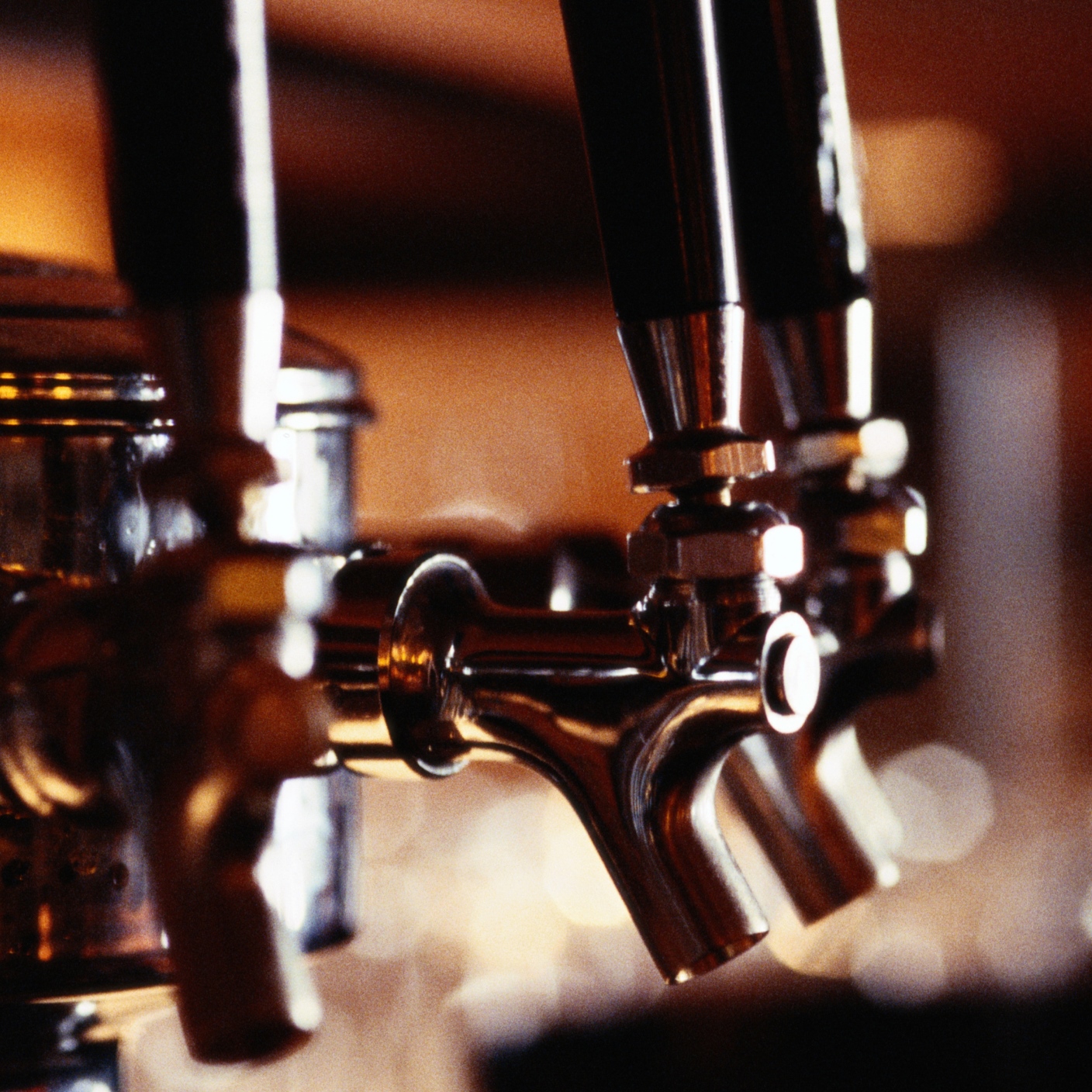Companies and Brands
2 Craft Beer Stocks to Consider in the Wake of the Anheuser-Busch, SABMiller Deal

Published:
Last Updated:

The U.S. Department of Justice just announced that it was happy with the proposed acquisition by Anheuser-Busch InBev S.A./N.V. (NYSE: BUD) of SABMiller. As per a predetermined condition of the agreement, Anheuser-Busch is set to sell the U.S. segment of SABMiller to Molson Coors Brewing Co. (NYSE: TAP). While some suggested the deal will concentrate power in the space to too high a degree, many argue it is representative of the growing shift toward craft brews and the pressure that this shift puts on the behemoths in the space to consolidate and cut costs. In line with this latter opinion, here are two craft beer companies that look set to grow going forward.
Craft Brew Alliance
Craft Brew Alliance Inc. (NASDAQ: BREW) is the fifth largest craft brewing company in the United States, having initially formed in 2008 by way of a merger between two then-independent brands, Redhook Brewery and Widmer Brothers. A couple of years later, Hawaiian brewery Kona Brewing joined the fray, and the three have been together since under the CBA moniker. It’s essentially a resource sharing agreement, and it has allowed all three breweries to cut costs, establish fresh distribution channels and, in the process, get some pretty well-entrenched brands to consumers and retailers.
The company actually uses Anheuser-Busch as a wholesaler, selling its beverages to the drinks giant for resale to on-premise (bars, restaurants, etc.) and off-premise (stores) locations. For the full year 2015, the company generated a little over $204 million revenues, and for the first quarter 2016, just over $39 million.
Boston Beer
Of the two featured companies, Boston Beer Co. Inc. (NYSE: SAM) is the bigger, with a current market cap of $2.11 billion. It’s responsible for three household name brands, which does slightly undermine its credentials as a craft brewer, but let’s overlook that for now. The big names are Samuel Adams, Twisted Tea and Angry Orchard. Under each of these three brands, Boston Beer sells a range of variations, and they account for the majority of its revenues. It also now owns the independently operated Alchemy & Science Brewing Collaborative, known officially as A&S within the company’s operations, which is a sort of incubator for under-the-radar craft beers. This segment identifies beers, and then Boston works to implement them into its distribution channels and supply chain.
Revenues have increased in each of the past three years for Boston Beer, from $739 million in 2013 to $903 million in 2014 and $959 million last year. First-quarter 2016 saw the company pull in $188 million for a $7 million net income.
As a wildcard, and to close this list out, the Dow Jones U.S. Brewers Index might be a preferred option for someone looking for a little more of a diluted exposure. The index represents the state of the brewing industry as a whole, and it is divided up to incorporate companies from both ends of the size spectrum. It is currently trading just shy of all-time highs, up more than 450% since its February 2000 inception.
If you’re one of the over 4 Million Americans set to retire this year, you may want to pay attention.
Finding a financial advisor who puts your interest first can be the difference between a rich retirement and barely getting by, and today it’s easier than ever. SmartAsset’s free tool matches you with up to three fiduciary financial advisors that serve your area in minutes. Each advisor has been carefully vetted, and must act in your best interests. Start your search now.
Don’t waste another minute; get started right here and help your retirement dreams become a retirement reality.
Thank you for reading! Have some feedback for us?
Contact the 24/7 Wall St. editorial team.